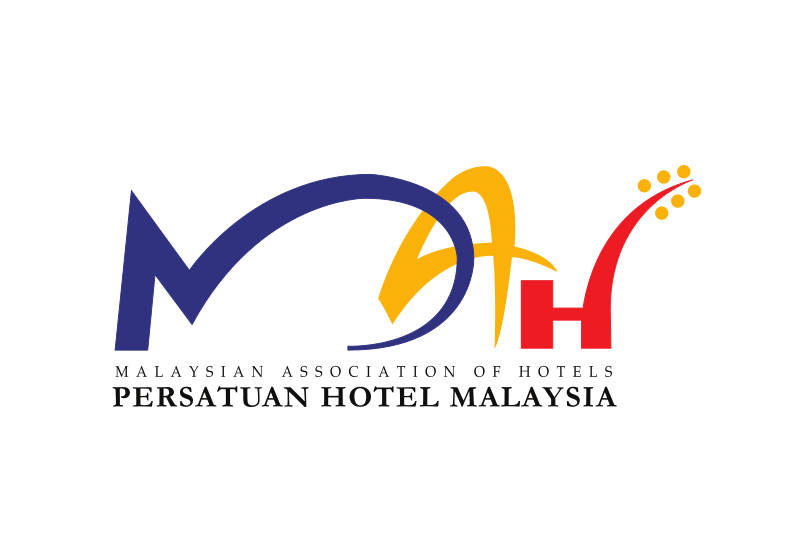
Datin Christina Toh – MAH National president
Malaysian Association of Hotels (MAH) national president, Datin Christina Toh, expresses her concern about the potential implications of the 2024 budget on the ongoing recovery efforts within the hotel industry.
The proposed increase in the Sales and Services Tax (SST) from 6% to 8% is expected to escalate operational costs, potentially triggering a domino effect of price hikes throughout the supply chain.
While the exception made for food and beverage services to remain at 6% is appreciated, further clarification is needed, especially in the context of packaged F&B services offered by hotels and resorts, including those catering to meetings and events.
Utility costs in particular electricity costs, a major cost factor in 2023 has caused exorbitant increase in energy costs to hotels (35 – 50%)
TNB ICPT surcharge of RM 0.20sen/kWh since January 2023 was reduced to RM 0.17sen/kWh since July but not much effect as it is still very high.
Hotels have been undertaking energy efficiency /savings initiatives but it is not enough.
MAH requests a repeated consideration for a lower or special tariff than the current C2 for the hotel sector.
Short Term Rental Accommodation (STRA) must be regulated, registered and licenced to provide a level playing field to all tourist accommodation premises.
STRA not only does not contribute the much needed revenue to the government but does not collect SST and Ttx (Tourism Tax) plus pose a serious security risk.
MAH with other hospitality stakeholders have been actively engaging with all relevant authorities but no further development on this issue.
On the other hand, the Visit Malaysia Year 2026 initiative is a well-timed boost for our hospitality industry, projecting a record 26.1 million foreign tourists. This initiative is also expected to reinvigorate domestic tourism with a diverse array of events and activities scheduled across all states in Malaysia.
Furthermore, we warmly welcome the allocation of RM350 million for tourism in 2024, representing a RM100 million increase from the previous year. We emphasize, however, that these funds must be channeled into driving additional domestic and international promotions and marketing initiatives, as well as preserving and enhancing tourist attractions and providing grants to boost emerging Muslim-friendly tourism activities.
The proposed matching grants for chartered flights aimed at facilitating greater international accessibility to Malaysia are imperative, especially for attracting business events markets.
We also extend a warm welcome to the introduction of the Malaysian Visa Liberation Plan, which encompasses Visa on Arrival, social visit passes, and multiple-entry visas. These measures are poised to significantly increase tourism and business travel, particularly from countries like China and India.
In conclusion, MAH strongly advocates for a more comprehensive budget that addresses the sustainability of the hospitality industry, ensuring its continued growth and enduring vitality.


